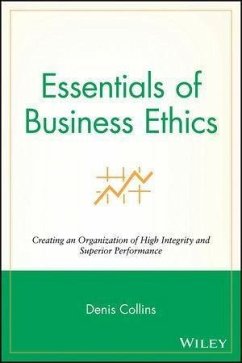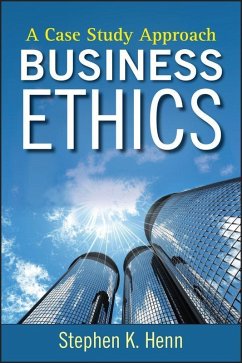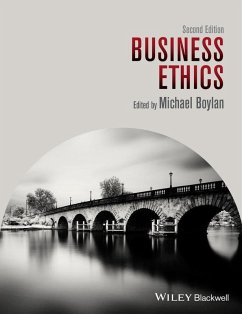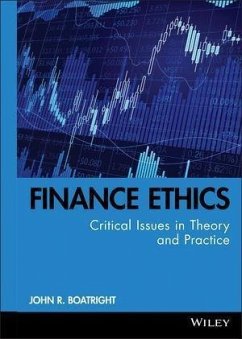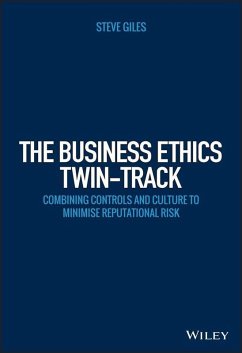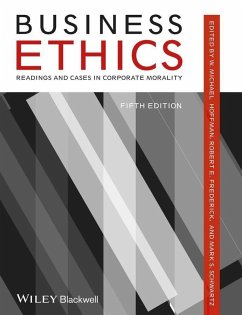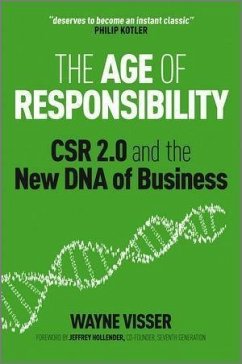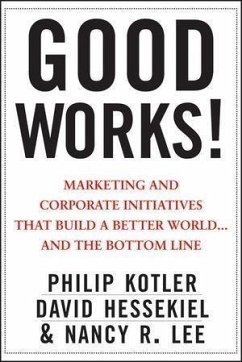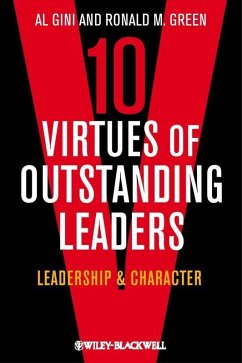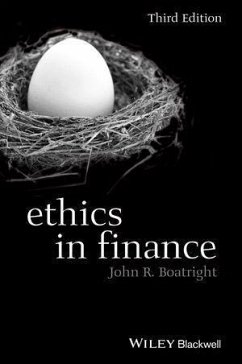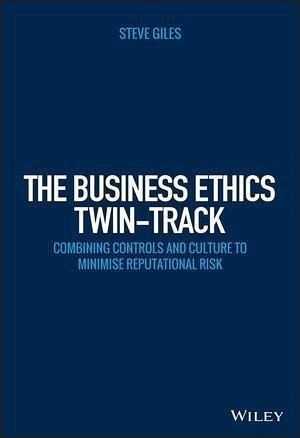
The Business Ethics Twin-Track (eBook, PDF)
Combining Controls and Culture to Minimise Reputational Risk
Versandkostenfrei!
Sofort per Download lieferbar
44,99 €
inkl. MwSt.
Weitere Ausgaben:

PAYBACK Punkte
0 °P sammeln!
Institute a proactive reputational management framework that matches individual behaviour to organizational values The Business Ethics Twin-Track is a practical guide to reputational risk management. A deep exploration of the concept of reputation, the ways in which it can suffer, and the consequences when it does, the book outlines an ethics controls framework that can mitigate risk and improve business performance. Readers will learn how to identify and manage weaknesses, and how to institute a system of governance that embeds proper, ethical conduct into the corporate culture. A clear set o...
Institute a proactive reputational management framework that matches individual behaviour to organizational values The Business Ethics Twin-Track is a practical guide to reputational risk management. A deep exploration of the concept of reputation, the ways in which it can suffer, and the consequences when it does, the book outlines an ethics controls framework that can mitigate risk and improve business performance. Readers will learn how to identify and manage weaknesses, and how to institute a system of governance that embeds proper, ethical conduct into the corporate culture. A clear set of controls and procedures provides actionable instruction that can be customised to suit the organisational structure, and discussion of historical and international ethics provides the context for implementation. Case studies illustrate the real-world applications, while interviews with executives from a variety of sectors provide important practical insights into some of the key issues discussed in the book. The law regulates behaviour in health and safety and financial crime, but otherwise, conduct is largely determined by the culture, ethics and values of an organisation. Effective reputation management is complex, and often difficult to achieve, as much of the available information on the topic is more theoretical than practical. This book bridges the gap by providing the tools that will help managers to: * Implement a modern ethics control framework, encompassing codes, officers, reporting lines and training * Consider the role of the media and social media in reputational damage to individuals and organisations * Analyse the key controls in responsibility and governance frameworks from around the world * Determine the causes and controls of conduct risk, including incompetence, negligence and criminality Today's fast-paced media environment means corporate reputations can be obliterated in moments, and damage limitation is often too little, too late. Adopting the measures set out in this book will embed ethics into the culture, and match people's behaviours to the organisation's values.
Dieser Download kann aus rechtlichen Gründen nur mit Rechnungsadresse in D ausgeliefert werden.



